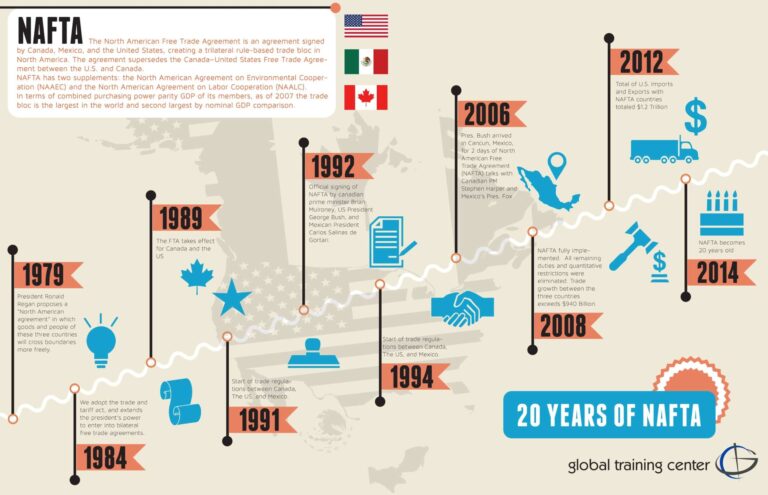RCEP vs. IPEF: Tariff Adjustments, Dispute Settlement, and Trade Remedies
Digital trade has transformed international trade by reducing costs, facilitating global value chain coordination, and connecting businesses and consumers globally. The digital economy, which includes digital trade, contributes to over 15% of global GDP, with the United States and China seeking to capitalize on this growth potential through various economic frameworks.
The Regional Comprehensive Economic Partnership (RCEP) and the Indo-Pacific Economic Framework for Prosperity (IPEF) are two such frameworks. While RCEP is a comprehensive trade agreement that includes digital trade, the IPEF covers diverse sectors, including digital trade, and aims to define shared objectives around four pillars.
The trade pillar of the IPEF aims to promote an inclusive digital economy by increasing access to the internet and information, facilitating digital trade, resolving discriminatory practices, and enhancing the security and resiliency of digital infrastructure. The IPEF differentiates itself from China’s data sovereignty approach by encouraging free and open data flow and seeks to reduce localization requirements and limitations on cross-border data flows to promote more open digital trade.
RCEP offers tariff adjustments, dispute settlement mechanisms, and trade remedies to induce better cooperation and commitment to achieve common objectives. It addresses digital trade as electronic commerce, referencing trade in traditional commodities delivered with the assistance of digital technologies.
While RCEP promotes cooperation in research and training activities, capacity building, and empowering small and medium-sized enterprises to utilize e-commerce platforms, the IPEF’s flexible approach allows member states to opt-out from any pillar they are not interested in, rendering some commitments unexecuted. The lack of economic incentives reduces the IPEF’s appeal to member states.
The United States needs to put in more effort to counter China’s regional influence as the IPEF has not offered viable benefits such as tariff adjustments, mutual market access, capacity building, and technical assistance in developing digital trade frameworks, which are present in RCEP. Both frameworks need to discuss trade liberalization, compliance mechanisms, and tangible incentives to become prominent economic frameworks.
Source: https://asiatimes.com/2023/06/us-is-losing-asias-multilateral-trade-game/






